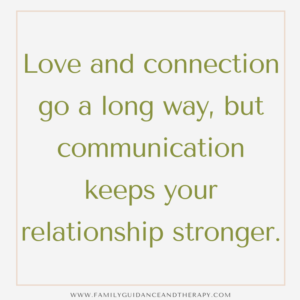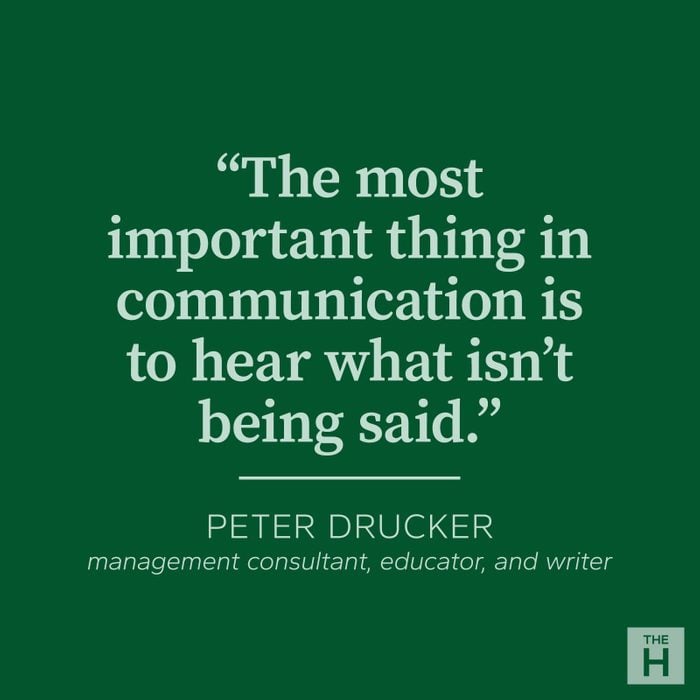In any relationship, communication plays a vital role. It serves as the foundation for understanding, cooperation, and conflict resolution. Effective communication allows individuals to express their needs, feelings, and desires, while also encouraging active listening and understanding. In this article, we will explore the significance of communication in relationships and provide tips for improving and maintaining healthy communication patterns.
The Importance of Communication in Relationships
1. Building Trust and Intimacy
Regular and open communication fosters trust and intimacy between partners. Sharing thoughts, concerns, and experiences promotes a deeper understanding of each other, leading to a stronger emotional connection.
2. Conflict Resolution
Clear and respectful communication is essential for resolving conflicts. By expressing their needs and concerns in a calm manner, individuals can work together to find solutions and reach compromises, ultimately strengthening their relationship.
3. Strengthening Emotional Bond
Effective communication helps partners express love, appreciation, and support for one another. Regular communication of positive emotions enhances the emotional bond in a relationship, creating a sense of comfort and security.
Tips for Improving Communication in Relationships
1. Active Listening
Practice active listening by fully focusing on what your partner is saying. Avoid interrupting and be genuinely interested in understanding their perspective. Reflective listening, summarizing their points, is an effective way to ensure you comprehend their thoughts and feelings.
2. Expressing Emotions
Clearly and honestly express your emotions, needs, and desires. Use "I" statements to avoid sounding accusatory and communicate your feelings using specific examples. This helps your partner understand your perspective more clearly.
3. Non-Verbal Communication
Pay attention to your non-verbal cues. Maintain eye contact, use open body language, and provide affirming gestures such as nodding and smiling. These non-verbal cues show your partner that you are actively engaged in the conversation.
4. Timing and Environment
Choose an appropriate time and setting for important conversations. Avoid discussing sensitive topics in moments of high stress or when there are distractions. A calm and private environment allows for better focus and understanding between both partners.
5. Be Respectful and Avoid Blame
Show respect for your partner's viewpoint, even if you disagree. Avoid placing blame and using accusatory language. Instead, strive for a collaborative approach where both partners feel valued and heard.
6. Seek Professional Help if Needed
If communication difficulties persist, seeking professional help from a couples' therapist can be beneficial. They can provide guidance, tools, and techniques tailored to your specific situation, helping to improve your communication skills and relationship dynamics.

Credit: familyguidanceandtherapy.com

Credit: www.thehealthy.com
The Impact of Communication Styles
Understanding different communication styles can aid in improving communication within relationships:
| Communication Style | Explanation |
|---|---|
| Assertive | Expressing thoughts, emotions, and desires clearly and respectfully without violating others' rights. Encourages open communication and mutual understanding. |
| Passive | Withholding thoughts and emotions to avoid conflicts or pleasing others. Can lead to unaddressed concerns and feelings of resentment. |
| Aggressive | Expressing thoughts and emotions forcefully, often infringing upon others' rights. Hinders effective communication and causes defensiveness and hostility. |
| Passive-Aggressive | Indirectly expressing negative thoughts and emotions through sarcasm, sabotage, or subtle actions. Creates tension and misunderstanding. |
It is important to strive for an assertive communication style, which fosters healthy dialogue, understanding, and conflict resolution within relationships.
In Conclusion
Effective communication is the cornerstone of any successful relationship. By practicing active listening, expressing emotions, and maintaining a respectful demeanor, couples can strengthen their emotional bond and foster trust. Understanding different communication styles and striving for an assertive approach can lead to healthier and more fulfilling relationships. Remember, communication requires effort and continuous improvement, but the rewards are invaluable.







